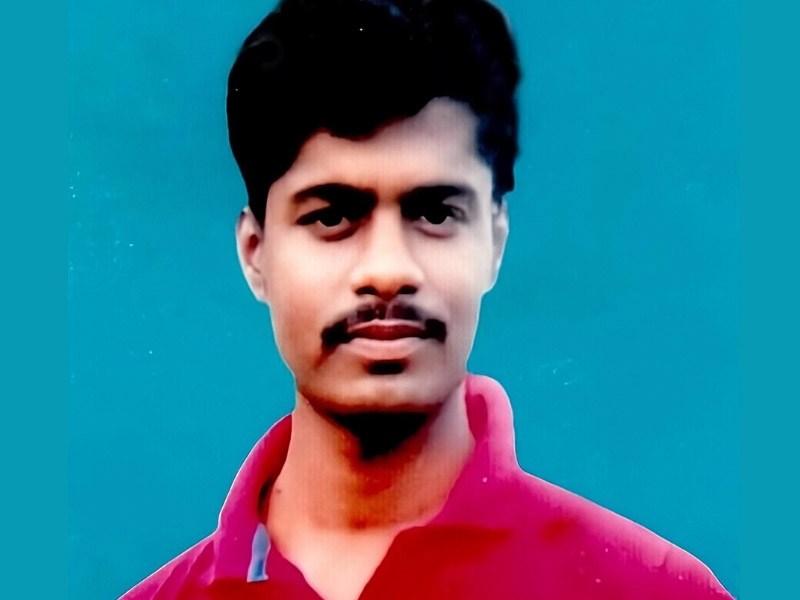Vocational Education in Bangladesh: Kochi’s Inspirational Journey

Vocational education in Bangladesh has proven to be a transformative force for many individuals, lifting them out of poverty and providing them with the skills they need to achieve economic independence. The story of Md Sanwar Hussain, popularly known as Kochi, is a testament to the power of vocational training to transform lives.
Early life and struggle
Md. Sanwar Hossain (Kochi) is the eldest son of Md. Khalilur Rahman and Mocha Kulsum Begum. His family home is in Char Thanapara of Kushtia. Khalilur Rahman works as a day laborer, while Kulsoom Begum is a domestic worker. To meet the daily expenses of a family of five, Khalilur Rahman’s meager earnings were not enough.
Kochi managed to study up to the eighth standard, but financial constraints forced him to drop out. Now 30 years old, he tried for jobs in various places but his little education did not meet his expectations. He occasionally went to work as a laborer to lift the family out of poverty. He could not earn enough. Despite his efforts, financial struggles continued and he often felt the weight of his family’s expectations on his shoulders.
Discovering a life-changing opportunity
Amidst his struggles, Kochi one day learns from his friend about a vocational training program for marginalized communities run by FAIR, a rights-based & development nonprofit organization. This program is supported by AF Mujibur Rahman Foundation and implemented by FAIR. It offered a six-month course in plumbing from February to July 2020 Kochi saw this as a golden opportunity to acquire a valuable skill in his life and improve his situation
He enrolled in the course to change his life. The technical training was thorough, combining theoretical knowledge with hands-on experience. Kochi attended regular training, mastering the practical skills necessary to become a skilled plumber. Her dedication and hard work paid off as she completed the course.
Achieve financial stability
After completing his training, Kochi quickly found work in his local area. His newly acquired plumbing skills earned him an average of Tk 600 to 700 daily. This steady income brought about a significant change in his family’s financial situation. For the first time, Kochi was able to provide financial stability for his family, relieving his father of the burden of being the sole breadwinner.
Kochi can contribute to the family expenses with his earnings, now his family can eat enough nutritious food and afford necessities. Kochi plans to save some money for the future. Kochi’s ability to support his family also earned him respect and admiration in his community.
Broad implications of vocational education
Kochi’s story illustrates the transformative power of vocational education in Bangladesh. By providing practical skills and training, these programs enable marginalized youth to secure sustainable employment and improve their economic status. Vocational education meets the immediate needs of families and contributes to the long-term development of communities.
Kochi’s journey from a struggling laborer to a skilled artisan highlights the profound impact vocational training can have on a person’s life. By equipping individuals with practical skills, technical education programs enable them to achieve economic independence and contribute positively to their families and communities.
look ahead
Inspired by his success, Kochi has ambitious plans. He aims to further improve his plumbing skills and explore additional opportunities in the construction industry. His goal is to start his own plumbing business, create job opportunities for others in his community, and continue the cycle of empowerment through vocational education.
Conclusion
Vocational education is a powerful tool for change in Bangladesh. The story of Md. Sanwar Hossain (Kochi) is proof of the effectiveness of vocational training programs in changing lives. By imparting practical skills and opening doors to new opportunities, vocational education helps break the cycle of poverty and increases self-reliance and confidence.
With the support of AF Mujibur Rahman Foundation and FAIR, countless young people like Kochi are finding hope and success. Their stories remind us of the potential within each individual and the profound impact that technical education and training can have on their lives.
